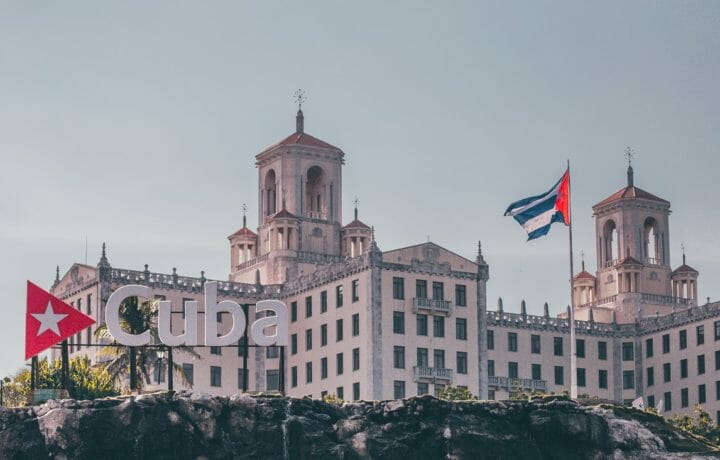As we get further and further removed from the near cataclysmic events of the Cuban Missile Crisis, every few years a new fact or story surfaces to a new twist as to how the actors on the world stage improvised their lines to the satisfaction of the audience. The most recent came from declassified Soviet reports, which stated Khrushchev ignored military intelligence and his commanders by failing to understand that palm trees would not provide enough cover from aerial surveillance to keep the mission a secret.
U.S. Intel Failure?
The reports also pointed out that many of the parts and pieces needed to build weapons were already in Cuba, which would suggest a U.S. intelligence failure and make the event even more dangerous than was previously known. Accounts of spy bases being built by China in Cuba have also moved the Cuban Missile event to the front page as a parallel comparison.
I teach Leadership for engineers and specifically include the Kennedy-Khrushchev engagement as part of a module on Crisis Planning and Crisis Leadership. I can think of no other examples where the stakes were higher in terms of loss of life and infrastructure. It is imperative, in my opinion, students of leadership programs, whether it be in higher education, separate professional development, or military studies, have a firm grasp of the devastation that was narrowly avoided and the naked truth about how each leader navigated the perilous time sensitive risks they faced. The subject also contains great value in lessons on mentoring (Kennedy and Eisenhower), ethics and morality, the effectiveness of healthy internal conflict on an organization, and strategic communication.
3 Books on the Cuban Missile Crisis
With that, I give you three great books to read. They’re all from different perspectives on the subject. I would suggest you dive into and share with those who would benefit from them.
1. Eyeball to Eyeball: The Inside Story of The Cuban Missile Crisis by Dino Brugeoni.
The author worked for the CIA from 1948 to 1982 and was an expert in aerial reconnaissance. His intimate knowledge of the intelligence used to shape the opinions and decisions of the leaders leaves you with answer. The book is not short (over 550 pages) but is the most detailed account of the event I have read.
2. Nuclear Folly: A History of The Cuban Missile Crisis by Serhii Plokhy.
An accomplished author on Eastern European Studies, Plokhy is a professor of Ukrainian history and an expert on Soviet history. His connections to that part of the world led him to pen this book, most of which is from a Soviet viewpoint. Misconceptions about Khrushchev’s thought processes are validated in other recent works and are both fascinating and terrifying when reading Plokhy’s analysis of the events.
3. Counselor-A Life at the Edge of History by Ted Sorenson.
Another long book, but worth every second, Sorenson was the drafter of the letter from Kennedy to Khrushchev which set out terms and conditions that needed to be met to avoid further confrontation. Sorensen, maybe the most trusted advisor to both JFK and Robert Kennedy during their political years, outlines many examples of both good and bad leadership he encountered during his career in politics. The book is more than the Cuban Missile Crisis but is still highly recommended.




